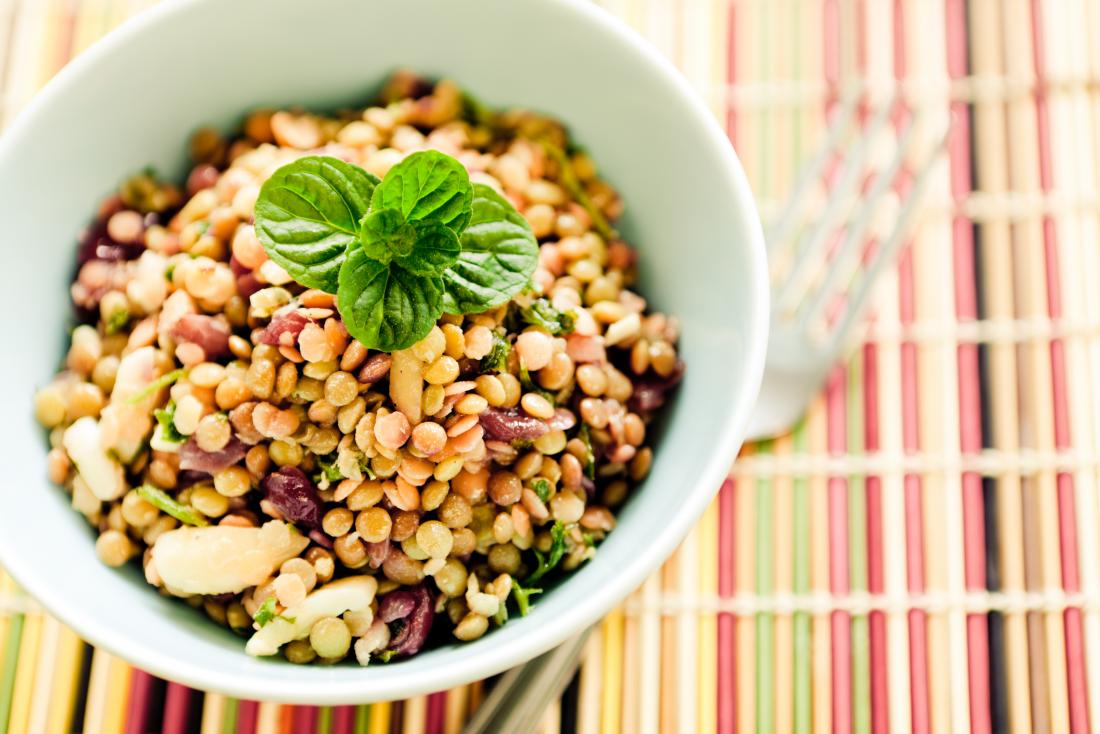Pravin Patole (Transplant Year: 2021)
Treatment : Liver Transplant
Saket Khadakkar (Transplant Year: 2021)
Treatment : Liver Transplant
Pravin Patole (Transplant Year: 2021)
Treatment : Liver Transplant
Saket Khadakkar (Transplant Year: 2021)
Treatment : Liver Transplant
Pravin Patole (Transplant Year: 2021)
Treatment : Liver Transplant
Saket Khadakkar (Transplant Year: 2021)
Treatment : Liver Transplant
Error: Contact form not found.
Blog Category : Pancreatic Transplant

A pancreas transplant is a surgery that involves the placement of a healthy pancreas of the donor into an individual (recipient) whose pancreas no longer produces insulin. Mostly, pancreatic transplantation is performed in individuals with type 1 diabetes. Type 1 diabetes is generally associated with end-stage renal disease. Likewise, an individual who needs a pancreas transplant may need a kidney transplant.
Pancreas transplantation is mainly classified into four categories; Pancreas alone transplant, Pancreas-kidney transplant, Pancreas after kidney transplant, and deceased donor pancreas and live donor kidney transplants. However, undergoing any type of transplantation makes it necessary for the patient to maintain a healthy and balanced diet post-surgery. Good nutrition and proper diet play a vital role in healthy recovery.
A healthy and well-balanced diet plan will prevent high bold pressure, excess weight gain, high blood sugar, infections, post-surgery complications, and overall health. The diet plan prescribed by the nutrition specialist may include:
Following the diet plan can be a booster for rapid growth and healthy recovery. Along with a good diet plan, it is necessary to exercise regularly to improve physical and mental health. After the transplant, exercising helps to maintain a healthy weight and reduces stress. A good diet and regular exercise can lead to overall healthy growth.

Transplantation is a treatment, not a cure. A kidney is an organ that filters waste from the blood and other fluids, and thereby removes it from the body in the form of urine....
Transplantation is a treatment, not a cure. A kidney is an organ that filters waste from the blood and other fluids, and thereby removes it from the body in the form of urine....